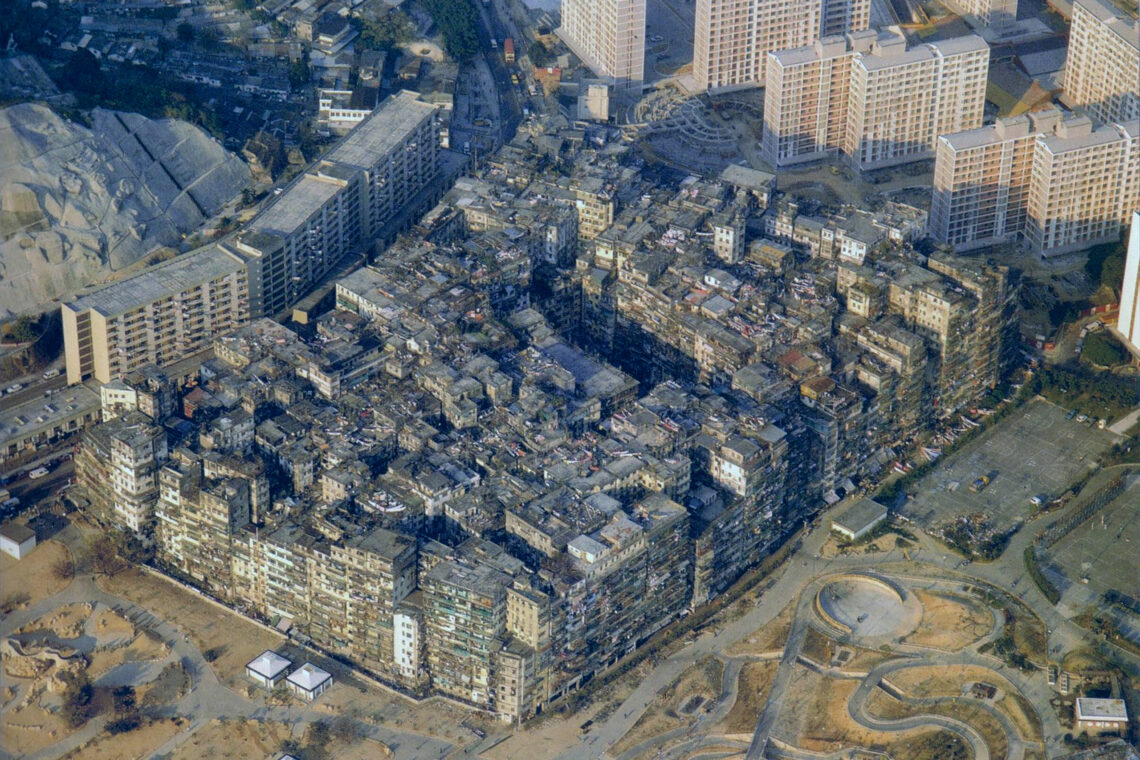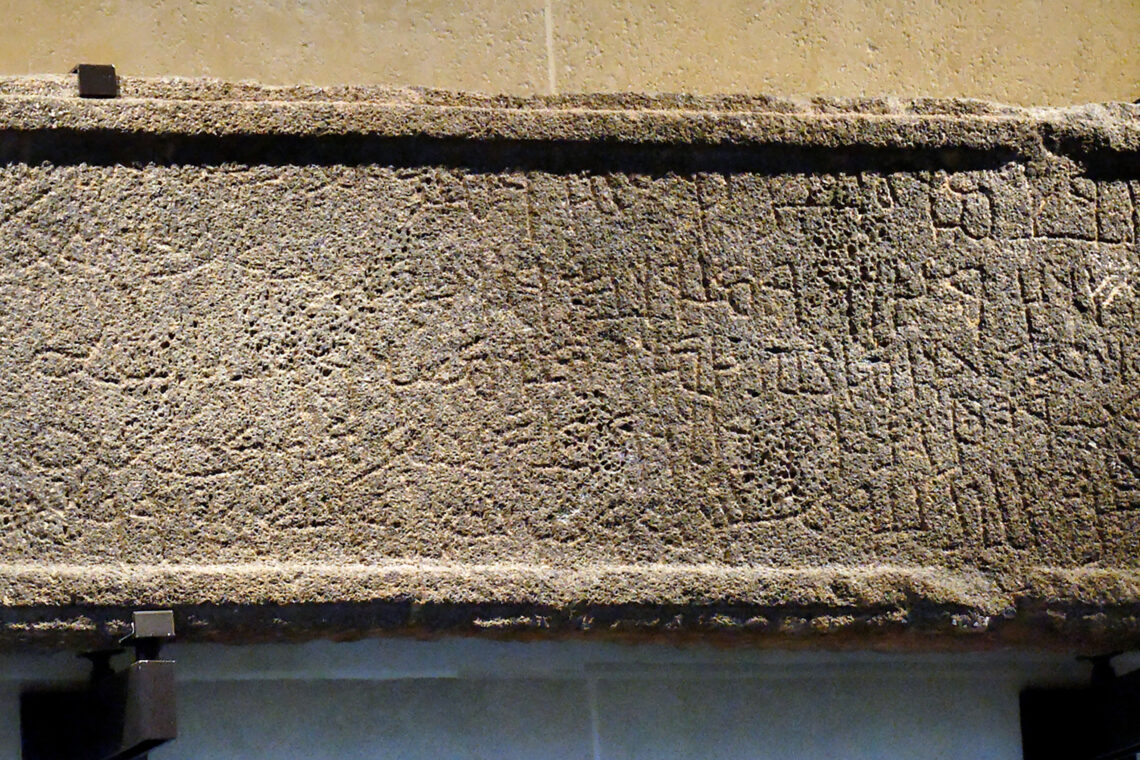There is much debate these days about Moroccan immigrants’ assimilation in Spain. Moroccan immigrants, both legal and illegal, estimated to be close to one million, make up the largest single national group in that country, yet they are far from doing well or making their distinct mark on Spain’s culture or politics. In my travels during September and October 2008, I met quite a few Moroccans who are actively trying to carve out a space in Spain’s mainstream society; still, there is no doubt that theirs is an uphill struggle, one that will require a larger collective effort and decades of dedicated work. There are a few reasons why Moroccans occupy a somewhat marginal place in Spanish society, but two that stand out are Spain’s centuries-long conflict with Morocco and the unwillingness of Moroccan immigrants, even when highly educated and competent, to engage in politics and help shape public opinion.
That Moroccans can be major assets to Spain was made clear to me after spending a few days with my childhood friend Mustafa Akalay in Granada and a few hours with Mohammed Chaib Akhdim in Cornella, a suburb of Barcelona. In many ways, the two men are quite different, but they both share a passion for the successful assimilation of Muslim immigrants and for enlarging the space of coexistence.
Cosmopolitan to the core, fully versed in Western culture (high and low), endowed with a superb photographic memory, and fluent in at least three languages, Mustafa walks through Granada like a ghost from the past, reminding locals and visitors alike that Moorish civilization was neither a gift nor a curse, but a fact of history with a complex legacy that, for better or worse, has made Spain what it is today. He holds no academic post in the city (although he has an appointment in France), but senior professors from the University of Granada pay tribute to his vast repertoire of knowledge and his tireless promotion of ideas. His wife’s restaurant, Tragaluz, on the foothill of the Alhambra, is as much a refuge for culinary refinement as it is a salon for lively discussions and global networking. It is not for no reason that a British travel writer dubbed Mustafa “King of the Realejo,” after the historic district in which both his restaurant and house are located. Featured in a recent book on remarkable Muslims, Mustafa will most certainly leave a legacy that will continue to make Spain a privileged nation in the West. His teenage son Nassim, a talented artist and aspiring chef, will be a gift to his generation and will ensure that Moorishness will always be a vital part of Spanish life.
Mohammed Chaib Akhdim is impressive in a different way. A native of Tangier and a pharmacist by training, Mohammed is also fluent in at least four languages (including Catalan) and a gifted community organizer. He was one of the founders of the Ibn Batuta cultural center in Barcelona in January 2, 1994, which is now a major national organization. Over the years, he managed to give a voice to the Moroccan, as well as to the Arab and Muslim, communities in Cataluña, the wealthiest and most dynamic state in Spain. He also wrote a weekly column in La Vanguardia, a major newspaper in Spain, authored at least one book on coexistence in Cataluña and Spain, and is active in promoting dialogue with the Arab world through the Centro Euro-Árabe de Cataluña. In 2003, he was elected to his state’s parliament as a member of a Socialist Party ticket, thereby becoming the first Moroccan, Arab, and Muslim Spaniard to hold public office in recent memory.
Both Mustafa and Mohammed are well aware of the huge challenges confronting Muslims in Spain, but each, in his own way, continues to forge ahead, unable to surrender to the pull of apathy or retreat. As strong believers in human rights, both men think that governments should remain religiously neutral, protecting their citizens’ rights to their beliefs but not favoring one faith over another. In practice, though, Mohammed thinks that matters are more complicated. Given the global environment, the timing, for him, is not quite right for the separation of state and mosque in the Islamic world. This doesn’t mean that the work of Europe’s so-called secular nations is completely done. Spain’s tax provisions, for instance, allow taxpayers to allocate a portion of their taxes to the Catholic Church, while Muslims and other religious groups have no such right. Such policies need to change if all Spaniards are to feel enfranchised equally.
Distrust of Morocco and Islam has deep roots in Spain, but Spain needs a new generation of Moriscos—the Muslims who had been expelled from Spain centuries ago—to work out a modus vivendi for all. Since Spain cannot escape its multicultural history, a successful future will require turning social diversity into an asset, not a trigger for hatred and suspicion. The expulsion of Jews and Muslims from Spain was too costly for the country; that’s a mistake that no nation can afford to make these days. People like Mustafa and Mohammed may very well be the trailblazers who will give birth to a new Andalusia, a great nation united by its diversity, not divided by outmoded tribal convictions.




Comments are moderated by the editor and may not appear on this discussion until they have been reviewed and deemed appropriate for posting. All information collected is handled in a manner consistent with our privacy policy.